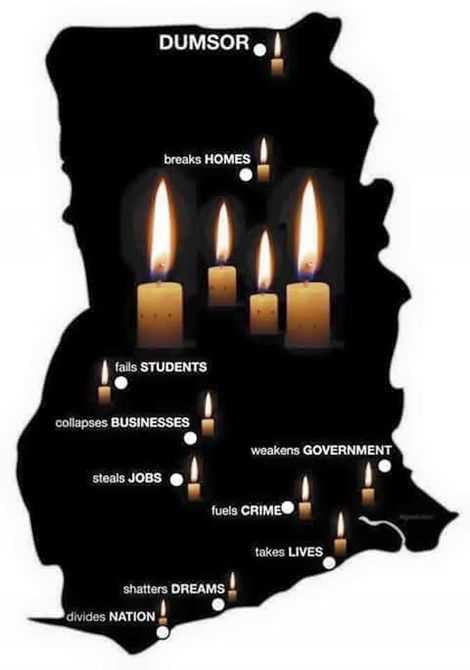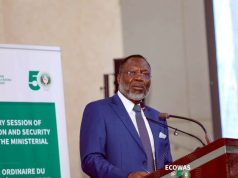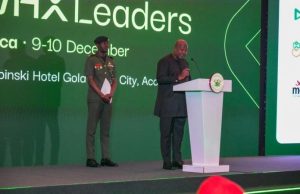The Executive Director of the Institute of Energy Security, Nana Amoasi VII, says the country shouldn’t have experienced frequent power outages, commonly known as ‘dumsor’, since 2017.
According to him, the country had all the necessary capacity to generate and supply power for consumption without any crises from that year on.
“With the opportunities and resources entrusted to the current government in 2017, we shouldn’t have been experiencing dumsor at all because we had a high installed capacity, a very dependable capacity of 4,300 megawatts,” he said.
He further explained that the country currently has a dependable capacity of 5,100 megawatts but “we are struggling to produce power to the extent of just 3,100 megawatts,” he noted on Joy News’ Newsfile on Saturday, November 23, with Samson Lardy while discussing the current power crisis in the country.
Also speaking on the show, the acting Managing Director of the Electricity Company of Ghana (ECG), Ing. Asamoah David, assured the nation that the situation is under control and that power supply will improve in the coming weeks.
However, Nana Amoasi disagreed with the ECG head. “The assurances given by the boss of ECG are not something we can rely on,” emphasising that the country had a good power supply before 2017 and that the current government had failed to manage it effectively.
The chief also accused the government of “suppressing information in the energy sector.” He stated that this was in contrast to previous years when the public could easily access information on the power supply for proper analysis and suggestions to improve the sector.
Before 2017, the John Mahama government faced high incidences of power outages, which led to the coining of the term Dumsor in the country. The government at the time explored means to improve the system before losing the election to the current NPP administration led by Akufo-Addo.
The state of power supply seemed to have been stable for the better part of the administration until recent months when the country started experiencing intermittent challenges largely due to the government’s failure to pay Independent Power Producers (IPPs) who generate power to support the state-owned power plants.
One of the main IPP firms, Sunon Asogli, shut down operations in early October this year due to the government’s indebtedness. Currently, three other IPPs have reduced their power supply to the nation, threatening a total shutdown if payments don’t improve.
Source: myjoyonline.com
| Disclaimer: Opinions expressed here are those of the writers and do not reflect those of Peacefmonline.com. Peacefmonline.com accepts no responsibility legal or otherwise for their accuracy of content. Please report any inappropriate content to us, and we will evaluate it as a matter of priority. |
Featured Video

















